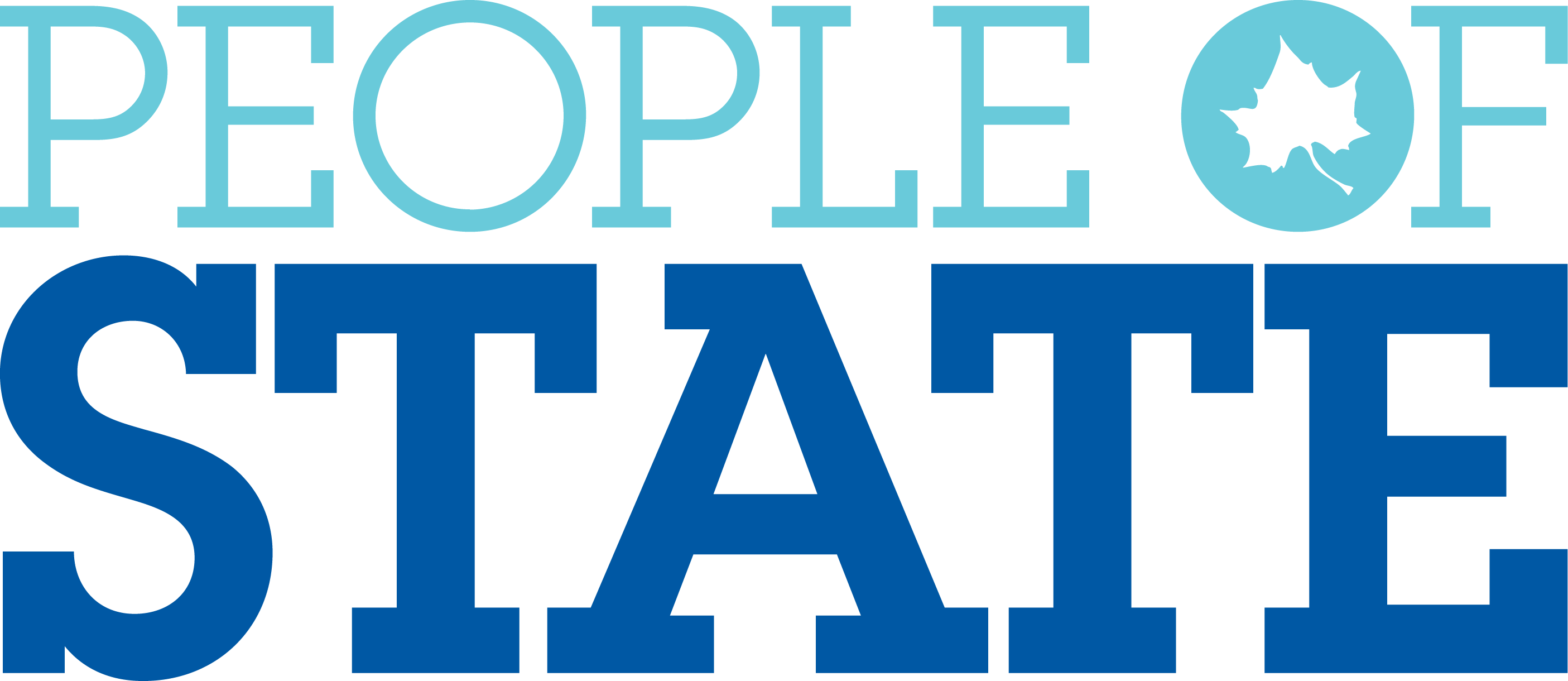
Mental Wellness and Student Life
By Kimmie Collins
May 27, 2020
Incorporating Mental Wellness into Student Life
AJ Hobson will soon finish her fourth year working with Indiana State Sycamores. In her role as Interim Dean of Students, she serves as a support system for Sycamores, helping students work through any issues that they might be having. She ensures that students understand resources available to them, both on campus and in the local community. She met with me virtually to help me better understand how students can make mental wellness a part of their daily lives.
What does mental wellness mean?
It’s a whole gamut. It’s mental health issues such as depression and anxiety, but it’s also the ways we learn coping mechanisms in order to be able to learn, to interact, and to take care of ourselves. It’s all those aspects of who we are that are not about our physical well-being.
Students often say they are too busy with schoolwork, student organizations, and jobs to take care of their mental health. How can mental health care be included in everyday life?
One of the most important things about mental well-being is that it honestly doesn’t take that much time. I meditate every day. Some days I do ten minutes because I woke up late, but I try to do twenty minutes every day. A lot of traditions say that if you’re too busy to meditate for twenty minutes every day, you should do it for an hour because it means that you’re not prioritizing the things that need prioritized. It’s about finding the things that help you connect and help you engage in your own mental well-being and holistic well-being. That’s different for each of us. For some of us, it’s going into the kitchen and cooking a meal. A lot of folks say that working out really grounds them.
For those folks who say, “I’m really busy,” I would think about the ways that you can incorporate small acts into every day. When you first start a fitness routine, you don’t start going for an hour-long run. You might do a ten-minute walk, if you’re doing a couch-to-5K thing. That’s the piece with mental well-being. Sometimes you have to start really small.
How can students take care of their mental health during the COVID-19 pandemic?
I think the number one thing is to be kind to ourselves. This is an unusual circumstance, to put it lightly. We keep seeing pieces or memes about, “This artist was in quarantine and did this thing in the 1600s.” Those things are about not treating ourselves kindly because each of us have to deal with the situation differently. Treat yourself with compassion. Reach out and ask for help. Talk to a counselor. Again, employ those healthy coping mechanisms. That could be anything from taking an appropriately socially distanced walk to getting in your car and taking a drive. It might mean turning on some music or watching a movie or whatever it means for you to take care of yourself and find that balance. It’s okay not to be okay. Know the signs and symptoms of when you are truly struggling and ask for help when you are. I also want to say that a lot of people are doing okay right now, and that’s also okay. Those feelings are also valid. However we’re interacting with this situation is okay, as long as we are following the guidelines from the Center for Disease Control and taking care of ourselves and the people around us.
How have Indiana State’s resources changed now that we are off-campus?
All of the staff of the Division of Student Affairs is still working. That includes the Student Health Promotion and the Dean of Students Office, and we are trying to support our students even from afar. Student Counseling Center is doing virtual, one-on-one counseling. If you follow the Division of Student Affairs social media accounts, you can learn more about the things that each area is doing. If you are still geographically close to Terre Haute, the Sycamore Pantry is still available. Typically, you can go to the food pantry when it’s open and get access to food that way. Right now, a student would need to contact the Sycamore Pantry through email at isu-sycamorepantry@indstate.edu and set up an appointment.
What are you personally doing throughout the pandemic to take care of your personal mental well-being?
Every day I meditate. I like to read, so I’ve been reading a little bit every day. I’m trying not to let myself read too much because I’m one that could read a whole book without moving. I’m connecting with the people that I care about, even when I can’t be physically close with them, so I’m Zooming with friends and family. I’ve been doing some more yoga than I usually do. I love to cook, but before all of this I was a little busy and wasn’t cooking very much. Now, I try to cook at least several days a week and really take the time to engage with that. I’m not just doing things because I need to do them, but I’m focusing on the act of things. That’s part of meditation – being grounded in the moment. I’m a little bit of a news junkie, so early in all of this I was consuming a lot of news. I’ve tried to limit my news intake to once or twice per day. It’s about figuring out those things for me that trigger my anxiety or my unbalance and reminding myself to connect back in and ground myself.
Do you have any other advice to students about taking care of their mental well-being?
Most people think of meditation or mental well-being as not having any problems. We all know that that’s not right. When you meet a challenge, you’re of course going to be worried, upset, concerned, all of those emotions we feel when faced with a challenge. Thinking through mental well-being is about making sure that we’re approaching challenges in our life with all of the information you need and an ability to use our resources appropriately.
My biggest advice, especially if you are really struggling or if there is something wrong and you can’t put your finger on it, please ask for help and please talk to a counselor. We’ve all gotten pretty accustomed in the last few weeks to knowing that something is off without knowing what that something is. It’s important to talk about that with the people you care about and then reach out to an actual therapist.
Related Articles:

